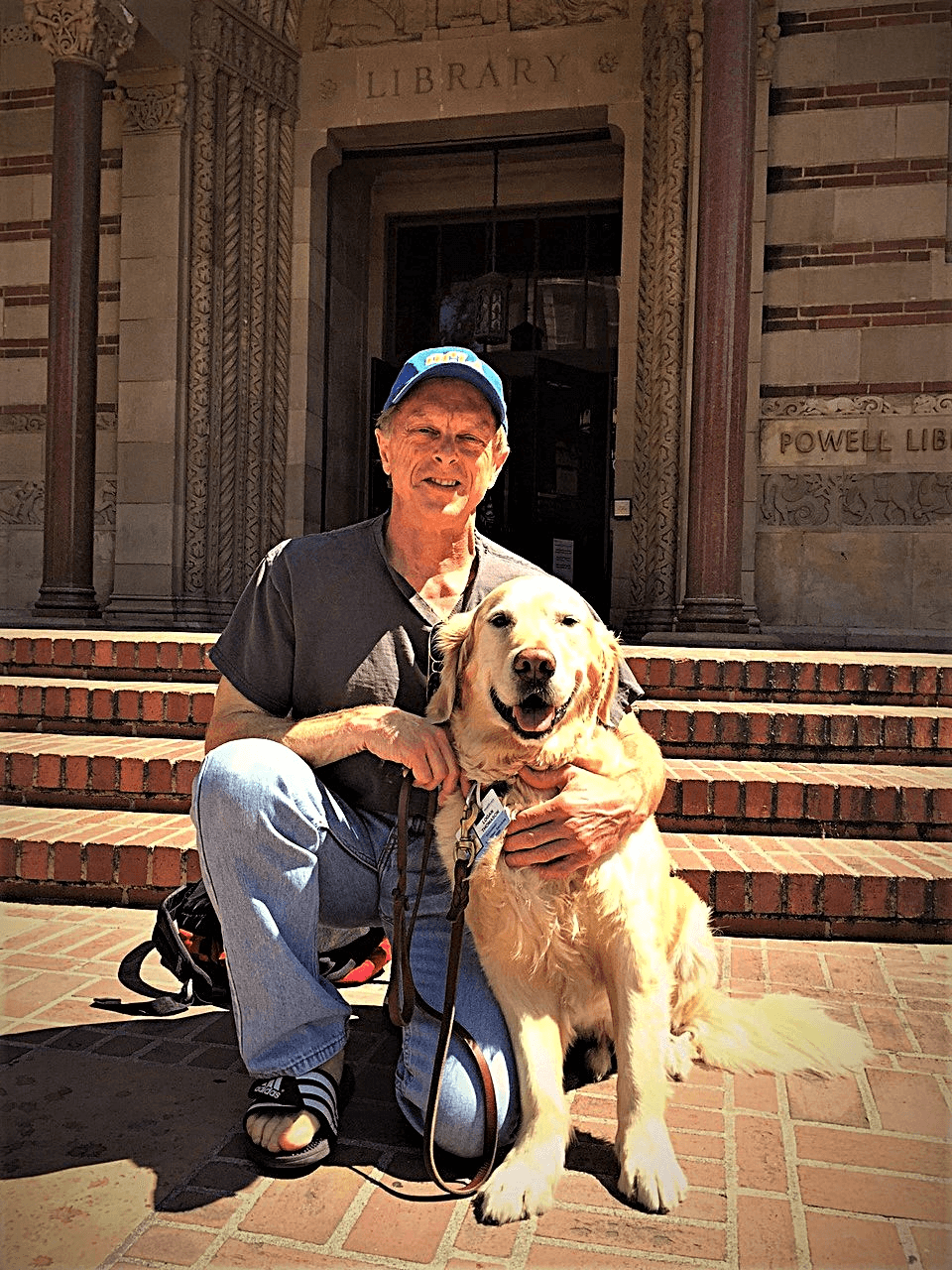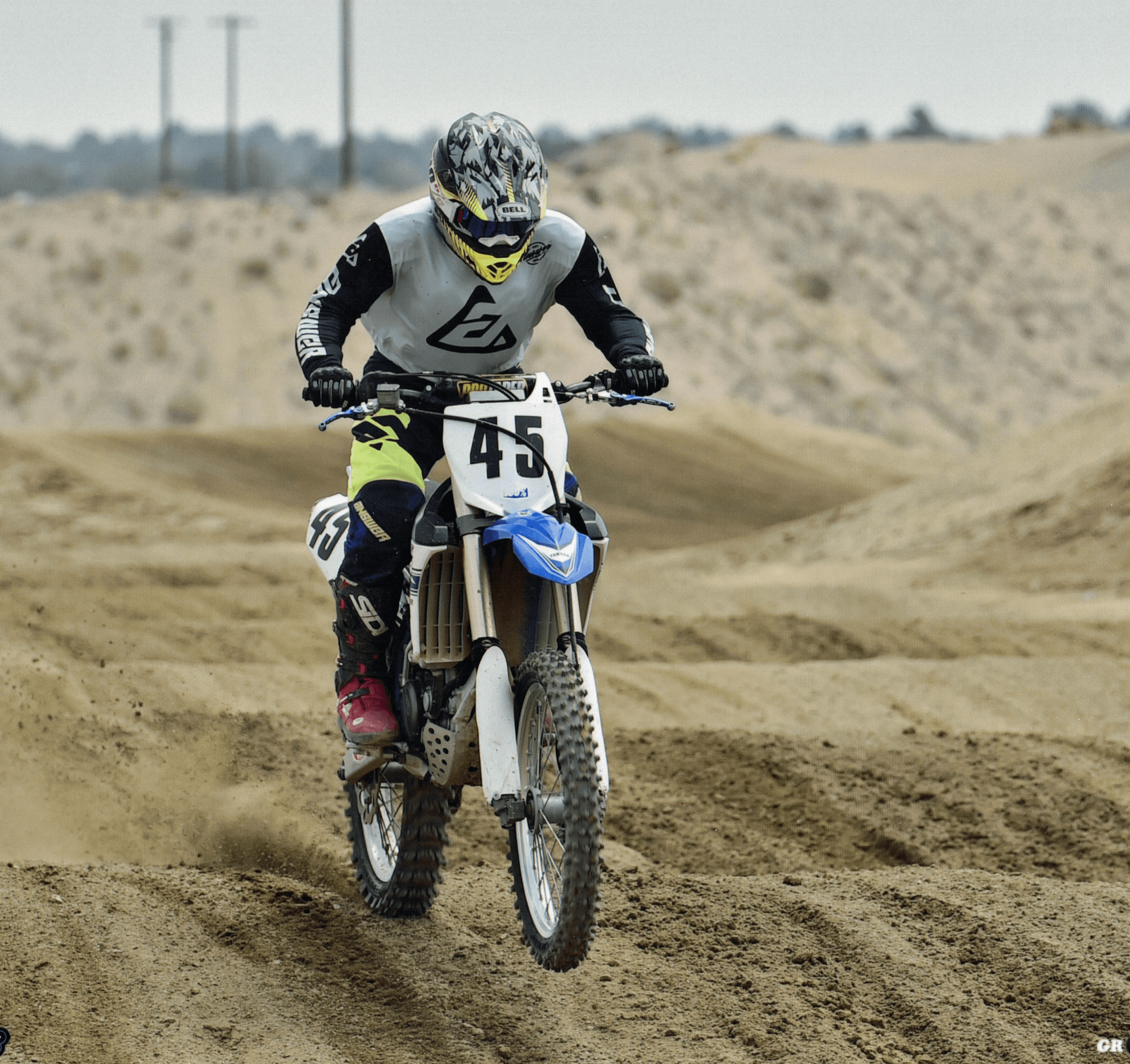Meet Rodger Thomason | Design Engineer Consultant
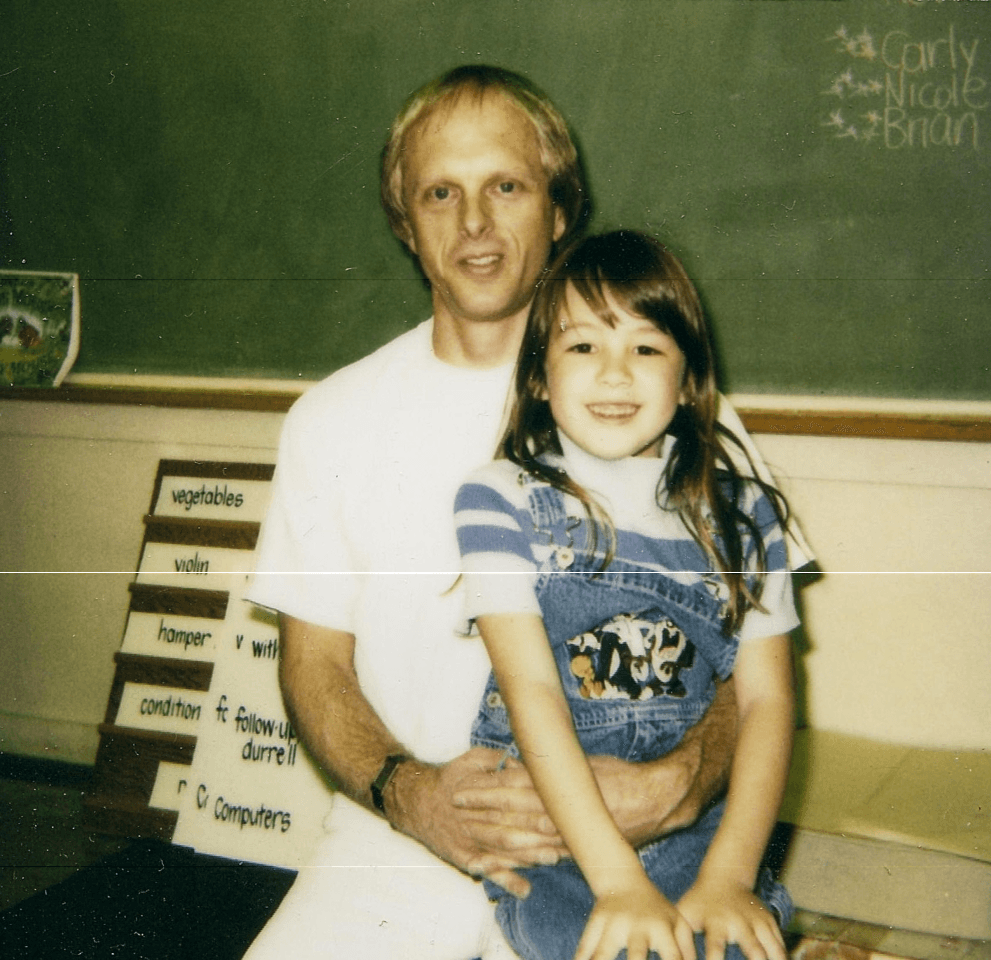
We had the good fortune of connecting with Rodger Thomason and we’ve shared our conversation below.
Hi Rodger, we’d love to hear more about how you thought about starting your own business?
After graduating from UCLA in 1982 with a degree in mechanical engineering, I began my career in the aerospace industry. However, towards the end of the 1980s, the industry experienced a downturn, leading to job losses for many engineers, including myself. These were tough times.
During this period, I had been married for nearly five years, and we had a 1-year-old daughter. Needless to say, I had a lot of responsibilities to contend with in supporting a family. Losing a high-paying job made this especially difficult. To make ends meet, I took up residential and commercial construction work. It wasn’t easy, and the pay was low, but I did whatever work I could find to support my family. At the same time, I was working hard to get back into engineering—not as an employee, but as a self-employed engineering consultant.
Starting as a consultant in any profession is challenging, particularly in engineering. My advantage was my extensive experience working for large high-tech companies. My plan was to market myself to smaller companies that lacked technology but could benefit from my expertise. However, my experience alone wasn’t enough; I needed my own 3D Computer Aided Design (CAD) system, which in the early 1990s cost around $60K. This was a significant barrier since not many engineering consultants had their own 3D CAD system at the time. I saw an opportunity but faced a financial hurdle.
One of my valuable assets was my design experience with 3D CAD. My dilemma was how to afford a $60K system without having that kind of money. We owned our house, so my only option was to gamble and borrow against our home. The stress level for my family and me was immense. If my plan failed, we could lose everything. But if I didn’t take the gamble, we might still lose everything.
Now, 34 years later, my consulting business, Origin Design, is still prosperous. At Origin Design, we are not specialists in any one particular area. Our experience spans industries such as aerospace, automotive, medical, fitness products, consumer products, just to name a few areas we have experience with. We have decades of experience with plastic injection molding, CNC machining, and a variety of other manufacturing technologies. Quite often we have to produce prototypes by making the parts by hand We are also well-versed in Intellectual Property (IP), handling our own patent searches, provisional patents, and trademarks for our products and clients.
Someone once asked me if starting my own business was worth it? The simple answer is yes. Being self-employed is not easy. One week you have too much work, the next week you might have nothing. But for me, it wasn’t about the money. It was about taking care of my family and spending time with them. I was fortunate enough to create my own work schedule, allowing me to spend time with my two daughters and watch them grow up. I was the parent who went on almost every school field trip and attended all their sporting events.
Now, both of my daughters are adults. My eldest is married and runs her own business. My younger daughter graduated from the University of Oregon and has a great job. Watching them achieve their success would have been difficult if I had been working for someone else.
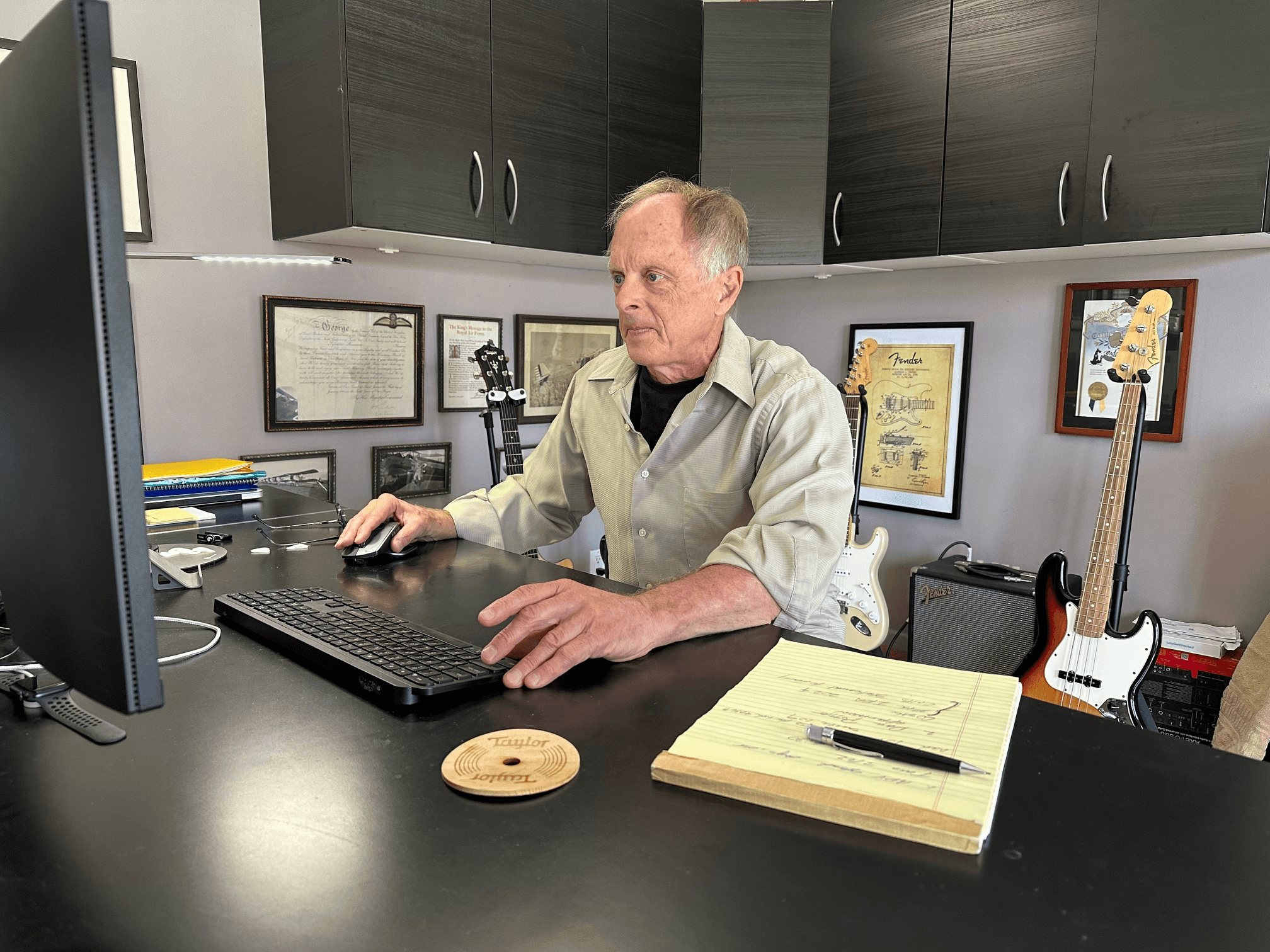
What should our readers know about your business?
What sets my business apart from many engineering firms is our wide range of engineering offerings. I was fortunate to have my dad as my mentor growing up. He was the guy who could fix anything and build anything. Naturally, I followed in his footsteps and learned from him. When I was about 10 years old, I helped my dad work on our cars. We did everything from rebuilding engines, electrical systems, fuel systems. If it didn’t work we would fix it. We were not a wealthy family by any means. If something broke, we couldn’t afford to throw it away and buy a new one; instead, we would fix it. The house I grew up in was small, and my parents wanted to add a few more rooms. After finding out how much new construction would cost, my dad and I decided to do the construction ourselves with guidance from a friend who was a contractor. During my college years, I worked part-time as a machinist, and during my summer vacations, I painted cars and did bodywork.
Returning to my business, I believe what sets my company, Origin Design, apart from other engineering firms is my ability to tackle complex engineering projects from a design perspective, along with my hands-on approach to building what I design. My belief is that if I can build what I design, then it can be manufactured.
Anyone reading my story might get the impression that what I have done thus far was easy and a lot of fun. This could not be further from the truth. Starting a business for the first time is anything but fun and easy. There are so many moving parts to any business. Being on my own for the first eight years started out fun, but soon I realized the challenges of software expenses, equipment expenses, office space, shop space, taxes, and so much more. What I needed was someone who could join me not as an employee but as a partner—someone who wasn’t a clone of me but had skills that maybe I didn’t have, or a skill set better than mine, and someone who wasn’t afraid of working really hard.
One of my long-term clients was an industrial design firm. This firm hired a young mechanical engineer from the East Coast, Bill Conley. Bill and I had a lot in common. We were both into vintage Ford performance cars, we both liked outdoor activities. But more importantly, Bill possessed skills that most engineers don’t have; he was able to arrive at a very elegant solution to any engineering problem in more than one way. He was my kind of guy. Around this same time, I was looking to add someone to my business. Not as an employee, but as an equal partner.
I offered Bill the opportunity to join me. I think my offer took him by surprise, and he said that he would give it some serious consideration and get back to me. Soon after, Bill called me and accepted my offer. Needless to say, I was relieved to hear this news. This all happened roughly 26 years ago. We entered our agreement on a handshake—no contract, no attorneys, just a handshake. If someone were to ask me how we got to where we are today business-wise, the simple answer is we work extremely hard, and we tackle jobs other engineers can’t do by trying multiple approaches to solving the problems presented to us. Another question asked is, was our journey easy? For the most part, it has been easy because both of us are hard workers, good at problem-solving, but more importantly, we really enjoy what we do. Besides this, we get along extremely well.
Looking back on my career—over four decades as an engineer and 34 years managing my own business—I was faced with numerous challenges, but at the end of the day, what is most important is your family, your health, and your happiness. These are all things money can’t buy. Far too often, I meet people who know that I have my own business, and they say how lucky I am. I tell them that being a business owner involves absolutely no luck at all; instead, it demands attention to detail, organization, and, most importantly, a genuine love for what you do. If not, you’re wasting your time. Personally, I absolutely love what I do for a living. Every day I’m presented with a new challenge. Because of this, I have no desire to retire anytime soon, even though I’m past the age of retirement.
Those reading this might think that Bill and I are nerds. Well you’re partially right. However, we both have active lives outside of the office. Both of us do plenty of physical activities, yoga, weight training, skiing, mountain biking… Bill is an avid windsurfer, and golfer. My passion is motocross. I’ve been into riding and racing dirt bikes for the past 40 years.
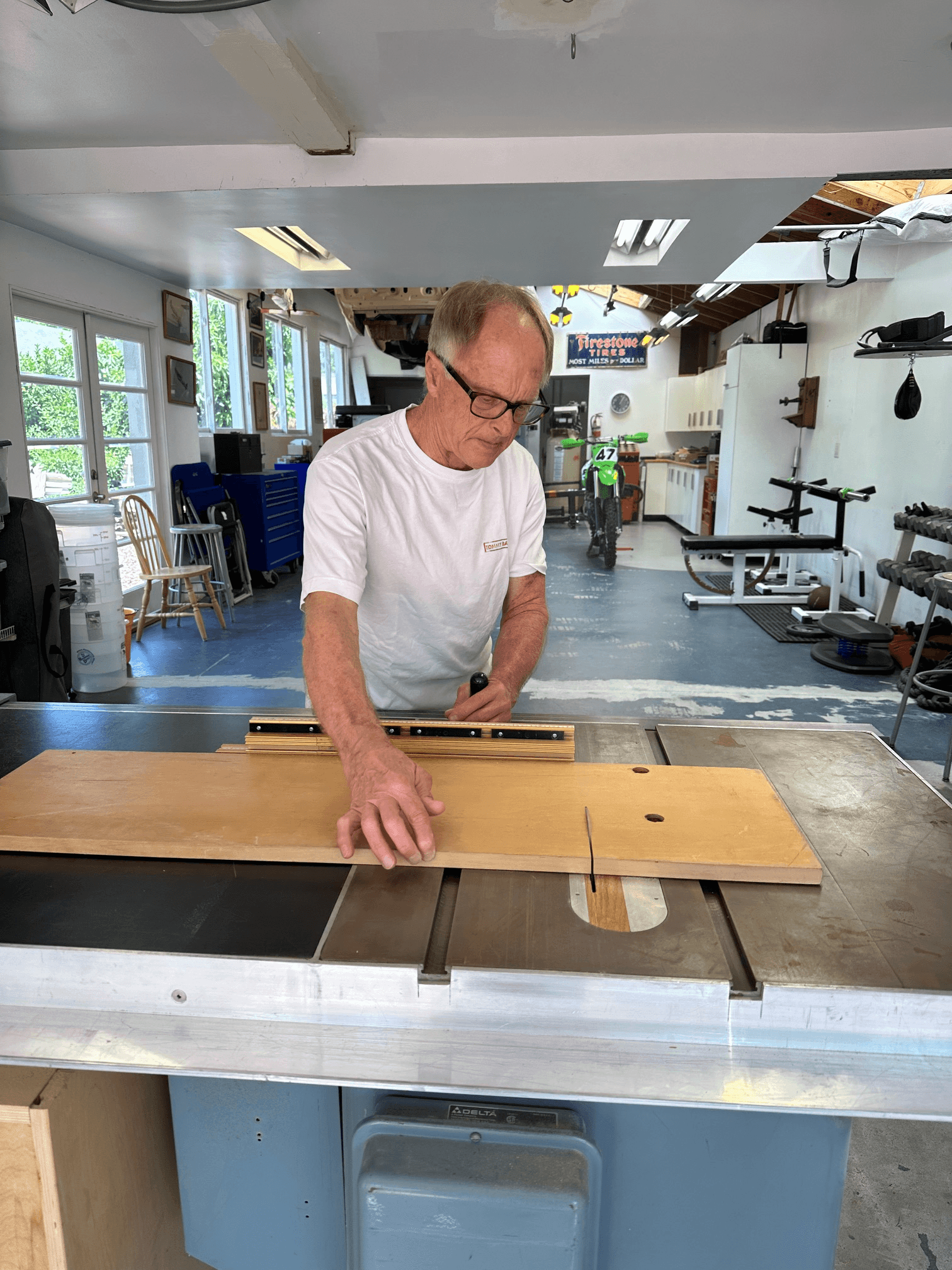
Any places to eat or things to do that you can share with our readers? If they have a friend visiting town, what are some spots they could take them to?
Southern California offers a huge variety of entertainment and activities for visitors. Most of my out-of-town friends who visit enjoy similar things to me: outdoor activities, live music, good low-key dining, museums, and micro-brews.
One surprising aspect is the Santa Monica Mountains, which have hundreds of miles of hiking and mountain biking trails. You could spend several days exploring these trails and still not cover them all. Some trails even feature historical landmarks for those interested in history. Another great outdoor activity is Huntington Beach’s “dog beach,” an off-leash beach where dogs can run free. I used to take my dog there frequently.
Southern California also has a lot of live music concerts. Depending on the time of year, you can catch big-name concerts at venues like the Hollywood Bowl, SoFi Stadium, Staples Center, and the Greek Theater. For smaller venues, there are places like The Roxy, The Troubadour, and House of Blues.
For museum enthusiasts, Southern California has plenty to offer. A few of my favorites are The Getty Center, which features art from the Middle Ages to the present; the Ronald Reagan Presidential Library and Museum, which has permanent exhibits, virtual exhibits, and rotating exhibits; and the Petersen Automotive Museum, my all-time favorite due to my love of cars. Each of these museums could take a full day to visit, if not longer.
There is certainly no shortage of dining options in the area. Any kind of food you like can be found in Southern California. When I was in high school, one of my favorite places to go with friends was Tito’s Tacos in Culver City. It was good, cheap, and it’s still at the same location.
Now, the important thing: micro-brews. My favorite is Santa Monica Brew Works. This place is super low-key, with plenty of parking, and indoor and outdoor tables. They offer over 20 different flavors.
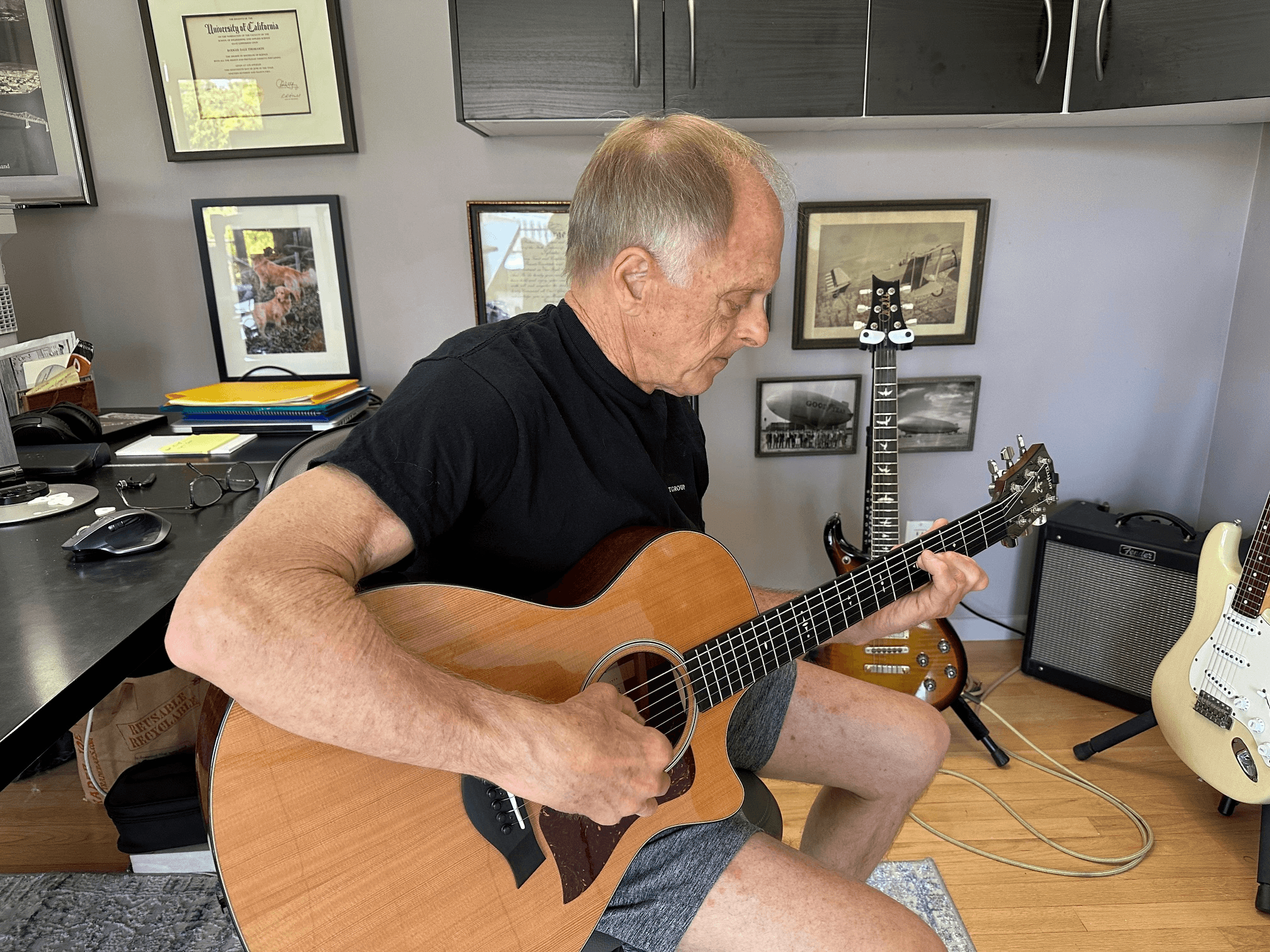
Who else deserves some credit and recognition?
Looking back on my career and my business, none of this would have been possible without the support and encouragement I received from my father. He was someone I looked up to and idolized; the smartest person I have ever known. Like me, he was an engineer. One crucial lesson my father taught me was to never be afraid of failure. To him, failure meant giving up.
One piece of advice my father gave me before he passed away nearly 26 years ago was, “Your family always comes first.”
Website: https://origindr.com/
